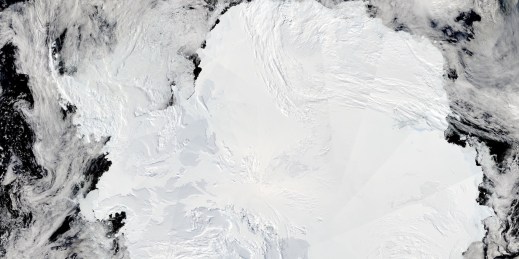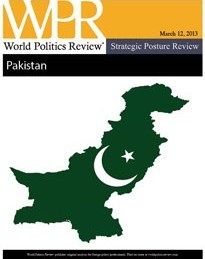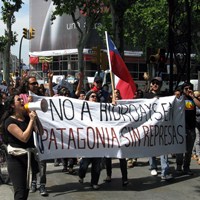
Jordan is reportedly choosing between two designs for nuclear power reactors in part to help address a domestic energy shortage, stoking fears about the spread of nuclear technology in a region still gripped by upheaval. In an email interview, Steve Thomas, director of research at the business school at University of Greenwich and an expert on the economics and policy of nuclear power, explained the significant obstacles to Jordan’s development of nuclear power. WPR: What is the current state of Jordan’s nuclear energy program? Steve Thomas: Reports implying that Jordan will soon order two nuclear power reactors are misleading. It […]















